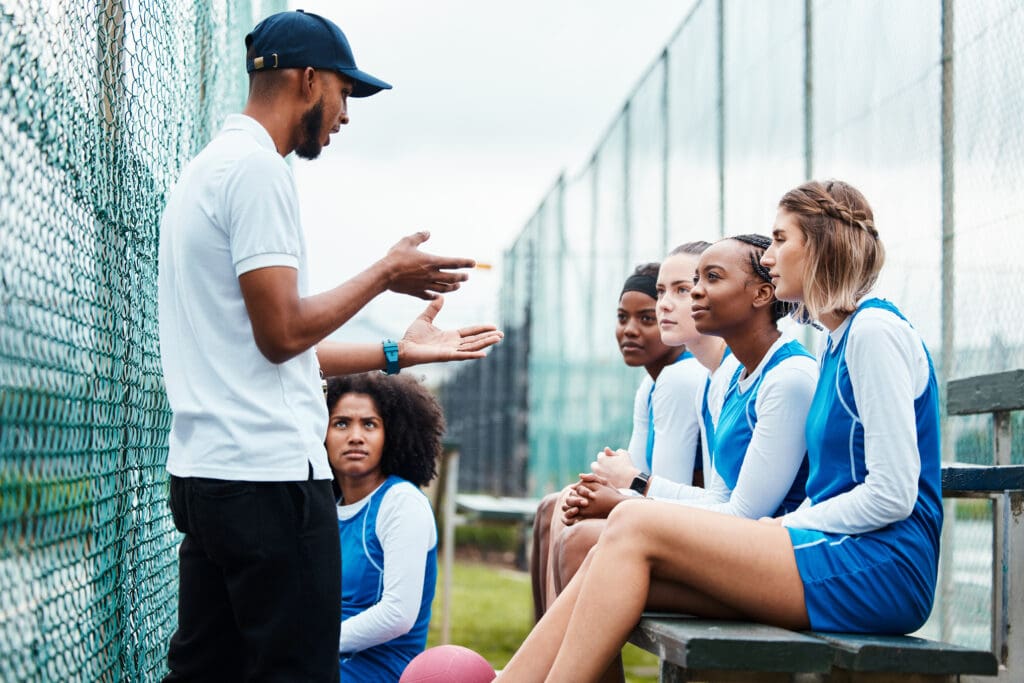How Leaders Can Leverage Mental Performance to Drive Player Retention & Growth
A coach’s influence on a player’s mental, emotional, and social development is critical in shaping not only their athletic performance but also their overall experience in sports. This article explores an innovative approach to coaching education led by Ben Freakley, a mental performance coach with over two decades of experience working with the military, youth, college, and professional teams, including notable clients like the Toronto Blue Jays and Major League Soccer’s Atlanta FC. Recently, Freakley has been collaborating with coaches from Hoover Vestavia Soccer, a cooperative network of eight local soccer clubs in Alabama, to redefine how coaches and parents impact their players’ mental performance and foster a more supportive and productive sporting environment.
Article Highlights:
- Empowering coaches to enhance mental performance in youth athletes.
- Introducing mastery time in practice to address individual player development.
- Promoting a sense of belonging and contribution among players.
- Shifting from an ego-driven to a mastery-focused coaching environment.
- Training coaches to ask better questions and encourage player-driven solutions.
Transforming Coaching Education
Traditional coaching education has often been narrowly focused on improving athletes’ technical skills and tactical understanding. However, Freakley’s approach emphasizes the importance of the coach’s role in nurturing the psychological aspects of performance. Freakley points out that non-elite youth sports often fail to integrate mental skills into their coaching programs, despite the promise of a well-rounded development approach that includes technical, tactical, physical, and psychological aspects. “We were shortchanged on the psychological side of it,” he notes, emphasizing that coaches are already performing the role of sports psychologists without even realizing it. By addressing this gap, Freakley’s approach empowers coaches to intentionally boost their players’ motivation, confidence, and overall mental resilience.
Practical Strategies for Mental Performance
One of the core components of Freakley’s coaching education is the intentional incorporation of mental performance strategies into everyday practice. He teaches coaches how to use evidence-based frameworks to enhance their players’ belief in themselves and their abilities. For example, he introduces the concept of self-efficacy, where coaches encourage players to model their actions after competent teammates. This vicarious experience helps players build confidence by observing and mimicking the success of others.


Mastery Time
Another practical strategy Freakley advocates is mastery time, a dedicated portion of weekly practice sessions where players focus on a specific skill they want to improve. This approach empowers players to take ownership of their development and aligns with their intrinsic motivation to master certain aspects of the game. “If a 8-year-old says, ‘I want to learn this skill or I want to play that position,’ great—let’s work on that,” says Freakley. This individualized attention not only improves skills but also may foster a deeper connection between the coach and the player.
Creating a Sense of Belonging and Contribution
At the heart of Freakley’s approach is an understanding that all players have a fundamental desire to belong to a group and to feel that they are contributing to the team’s success. Coaches are encouraged to recognize and celebrate these contributions, no matter how small they may seem. Whether it’s acknowledging a player’s first assist or simply highlighting their effort in a practice session, these gestures reinforce the player’s sense of belonging and their value to the team.
When players feel that they belong and are appreciated, they are more likely to engage fully in training, enjoy their sporting experience, and remain committed to the team. This, in turn, leads to higher retention rates, which is crucial for the financial viability of youth sports organizations.
Shifting the Coaching Environment: From Ego to Mastery
We must shift from an ego-driven environment, where success is measured by winning and being the best (social comparison), to a mastery-focused environment, where the emphasis is on personal growth and learning. In an ego environment, only the best players receive praise, and mistakes are often punished, leading to a culture of fear and pressure. Conversely, a mastery environment celebrates effort, encourages learning from mistakes, and rewards personal and team improvement.
Freakley challenges coaches to reflect on the type of environment they are creating for their players. “Are you creating an ego or mastery environment?” he asks. This reflection is crucial for coaches to understand the impact of their approach on their players’ development. By promoting a mastery-oriented climate, coaches can help players focus on continuous improvement rather than merely on winning, which ultimately leads to more sustainable and meaningful success.
The Art of Asking Questions
One of the most effective tools in a coach’s arsenal, is the ability to ask the right questions. “The right questions have a power evoke, inspire, and focus attention.” Instead of always providing answers, coaches should encourage players to think critically and come up with their own solutions. This approach not only enhances the players’ problem-solving skills but also builds their confidence in their ability to make decisions under pressure.
Freakley introduces the concept of the coaching continuum, where on one end, coaches adopt a very directive style—telling, instructing, and giving feedback—and on the other end, they use a non-directive style—asking questions, paraphrasing, and summarizing. “This is the art of coaching,” Freakley explains. By striking the right balance between these two styles, coaches can guide players in a way that fosters autonomy and self-reliance, which are critical for long-term success.
Overcoming Challenges and Misconceptions
Implementing this innovative approach to coaching education is not without its challenges. One of the main barriers is the misconception that working with a mental performance coach or sports psychologist is a critique of a coach’s methods rather than a support system. Coaches may feel threatened or resistant, fearing that it undermines their authority or expertise.
To overcome this, Freakley emphasizes the importance of building trust. “People have to want to be coached, including coaches,” he says. By positioning the mental performance coach as a collaborator rather than a critic, clubs can create an environment where coaches are more open to adopting new strategies that benefit both them and their players.
Measuring Success: Tangible Outcomes and Impact
A key concern for any youth sports organization is how to measure the success of a mental performance program. Unlike technical or physical training, where improvements can be easily quantified, the impact of mental skills training can seem more ambiguous. To address this challenge, Freakley uses Net Promoter Scores to gauge the overall satisfaction of coaches with the training, providing valuable feedback for continuous improvement. Additionally, integrating mental skills training as part of an interdisciplinary approach with the medical team can enhance rehabilitation outcomes, ensuring a more holistic recovery process for athletes.
Freakley argues that investing in mental performance training has a direct impact on the financial success of a youth sports organization. By improving the overall experience of players, clubs can increase retention rates, reduce turnover, and attract new members through positive word-of-mouth. Parents, who are often the paying customers, are more likely to keep their children enrolled in a program where they see tangible improvements not only in their child’s skills but also in their overall enjoyment and confidence.
FREE: Best Practice Analysis
Compare your organization’s performance with the top 10% of youth sports clubs. Receive a detailed report – Takes just 5 mins!
Conclusion: A Winning Formula for Youth Sports
Ben Freakley’s approach to coaching education offers a transformative solution for youth sports organizations looking to enhance both player performance and organizational success. By empowering coaches to focus on mental performance, fostering a mastery-oriented environment, and building stronger relationships with players, clubs can create a more enjoyable and effective sporting experience for all participants.
Action Items for Youth Sports Leaders:
Implement Mental Performance Training
:Introduce mental performance coaching as part of your club’s regular training program. Ensure that all coaches are equipped with the tools and knowledge to foster psychological resilience in their players.
Incorporate Mastery Time
Dedicate a portion practice to individual player development. Allow players to choose the skills they want to work on, fostering a sense of ownership and motivation.
Promote a Mastery Environment
Shift the focus from winning at all costs to personal growth and learning. Encourage coaches to celebrate effort and improvement rather than just outcomes.
Train Coaches in the Art of Questioning
Provide training for coaches on how to ask better questions and guide players towards self-discovery. This approach not only builds confidence but also prepares players to make decisions under pressure.
Measure and Evaluate
Use surveys and tools to assess the impact of your mental performance program. Continuously collect feedback from coaches and players to refine and improve your approach.
About Ben Freakley
Dr. Ben Freakley, CMPC, is a renowned expert in applied sport and performance psychology with over 20 years of experience. He is the founder and CEO of Ready, Set, Resilient, offering psychology services to individuals, teams, and organizations. Dr. Freakley has held prominent roles, including Head of Mental Performance for the Toronto Blue Jays and performance psychology coach for the 75th Ranger Regiment of the U.S. Army Special Operations Forces. He also served as the first head coach and general manager of Tormenta FC in the USL. With a doctoral degree in Sport and Performance Psychology, he is a Certified Mental Performance Consultant (CMPC) and has conducted research on leadership and psychological frameworks. Previously an NCAA soccer coach, Dr. Freakley now works with executives, athletes, and teams, helping them improve performance and well-being. He is also a sought-after speaker on resilience, motivation, and leadership.
